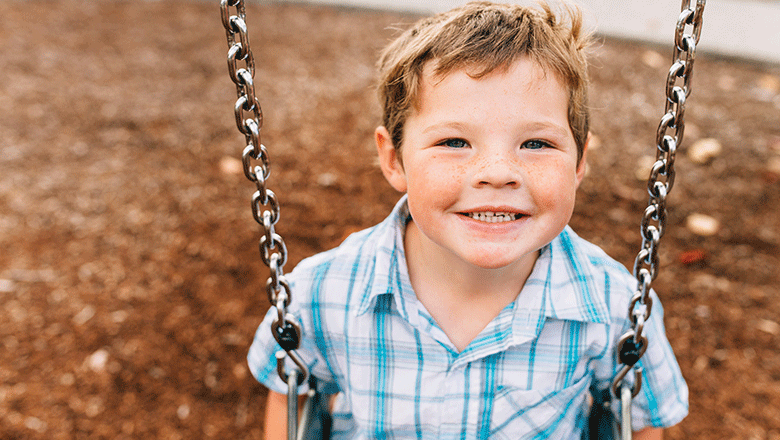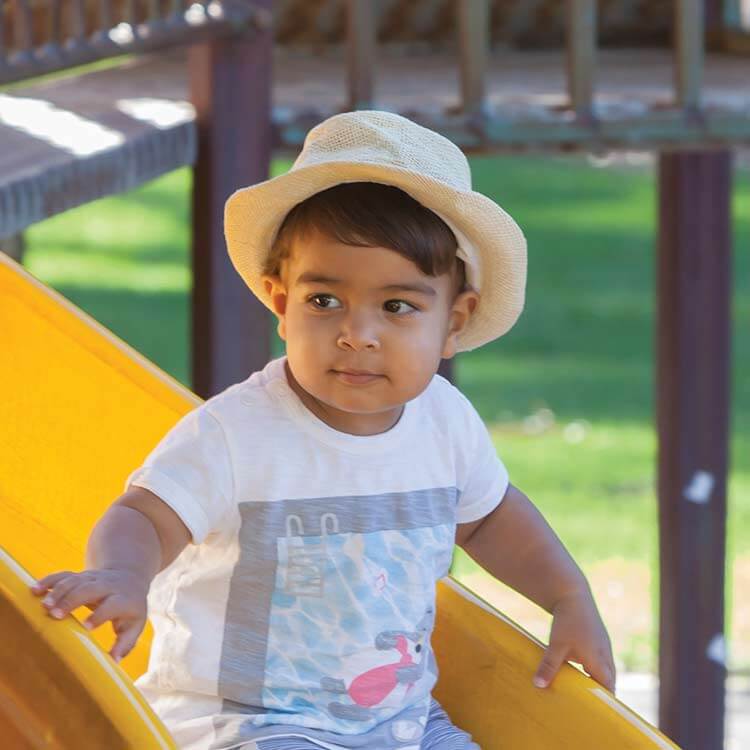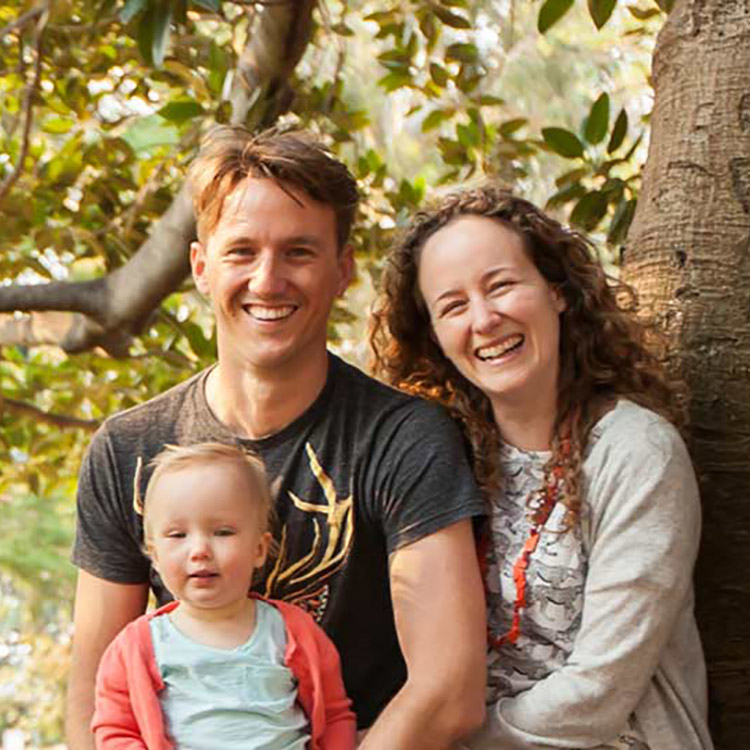Search

Researchers will track the progress of 12,000 children from birth to age five to identify what services are valuable to families to support the health and wellb

We invite you to join us for a community forum on the future of research in our Brain & Behaviour Research Focus Area.

A world first study of language development in toddler twins confirms the widely held belief that twins start to talk later than single-born children.

New research from The Kids Research Institute Australia has revealed, for the first time, a link between childhood obesity and higher levels of protective parenting.

A new study looking at the receptive language development of young children has highlighted the need to monitor kids over time to ensure they don't fall behind.

Research from The Kids Research Institute Australia shows that a short time interval between pregnancies may be less of a risk factor for preterm birth and low birth weight
Australian 5 year olds are developing better than they were three years ago and have improved in most development indicators, according to the latest AEDI data.
Researchers from the Telethon Institute have been awarded an ARC Linkage Grant to develop a measurement of the middle childhood years of Australian children.
A world-first study from The Kids for Child Health Research has identified risk factors for receptive language development in Australian children.
Head of nutrition research at Perth's The Kids for Child Health Research named in the nation's top 10 health and medical researchers for 2010.
